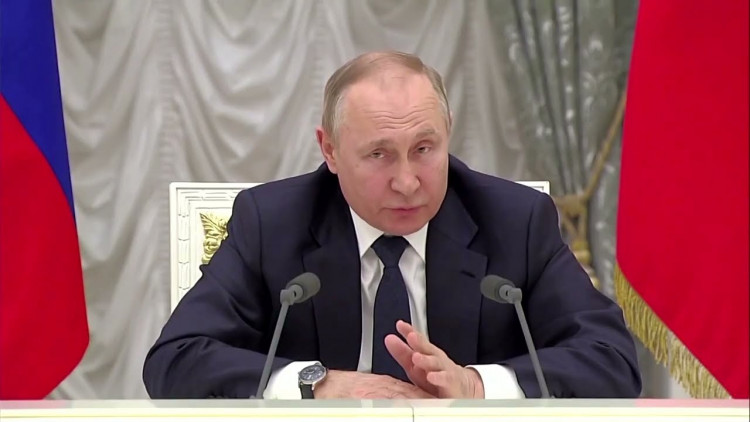Ukrainian President Volodymyr Zelensky and the leaders of four major European powers told President Donald Trump on Saturday that they are ready to implement a 30-day unconditional ceasefire with Russia beginning Monday, placing renewed pressure on the Kremlin to clarify its war objectives and putting Moscow in a diplomatic bind. The announcement followed a high-level meeting in Kyiv attended by the heads of state from France, the United Kingdom, Germany, and Poland.
"Ukraine and all allies are ready for a full unconditional ceasefire on land, air, and at sea for at least 30 days starting already on Monday," Ukrainian Foreign Minister Andrii Sybiha stated. The message was delivered to Trump in a 15-minute call involving all five leaders. "If Russia agrees and effective monitoring is ensured, a durable ceasefire and confidence-building measures can pave the way to peace negotiations," Sybiha added.
The proposed truce originated during a bilateral meeting in Saudi Arabia and was revived amid growing concern in European capitals that Trump's White House might abandon efforts to secure a peace agreement unless concrete progress is made. The Biden administration previously supported the framework but had not committed to enforcement measures.
According to two officials familiar with the call, Trump responded positively to the show of unity among European allies and Ukraine. "Trump seemed satisfied to see Ukraine embracing the ceasefire and accepting direct negotiations with Russia," one source said. Another added, "We're waiting for Russia's move now."
The Kremlin has yet to issue a definitive response to the proposal, instead signaling vaguely that "nuances" remain to be discussed. Analysts and diplomats expect a complex maneuver, possibly involving partial or conditional acceptance of the ceasefire terms, which could then be followed by accusations of Ukrainian violations to justify continued operations.
U.S. and European officials anticipate that Russia may attempt to escalate violence under the guise of defense, especially in contested regions near the border, such as Kursk and Belgorod. Any such provocation would test the robustness of international monitoring mechanisms and the political will in Washington to hold Moscow accountable.
French President Emmanuel Macron has warned that any violation of the ceasefire would trigger "massive sanctions" and urged the Trump administration to commit to enforcement. The European Union, Canada, and New Zealand have expressed support for the ceasefire plan and agreed to coordinate monitoring efforts across more than 600 miles of active frontlines.
The ceasefire proposal comes at a pivotal moment. Intelligence reports suggest Russia is preparing intensified summer assaults, and Kyiv's military command has been given less than 36 hours to ready troops for a potential suspension of hostilities.
European officials are also using the ceasefire effort to pressure Putin into showing whether he has any real interest in peace. "This is the most significant diplomatic moment of the war," said one senior European diplomat. It's the most important 36 hours since the Prigozhin rebellion.
If Putin refuses the ceasefire, European governments are preparing to escalate military support to Ukraine and to argue within U.S. channels that Russian rejection proves the Kremlin has no interest in negotiation. The initiative is widely seen as a high-stakes strategy to force clarity from Moscow while demonstrating to Trump that Europe is aligned behind a unified peace effort.






